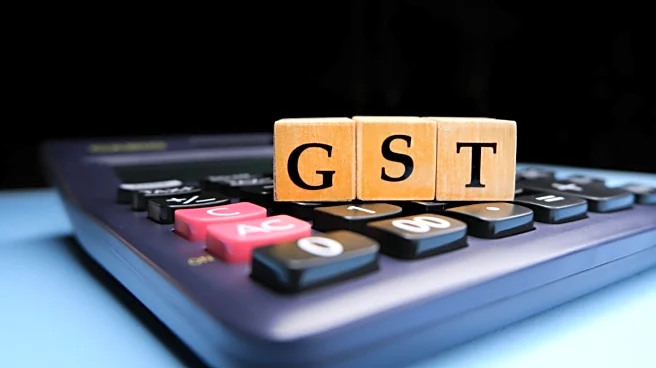Households across India are set to enjoy a 27–30% reduction in their overall tax burden under GST 2.0, according to a joint report released by the Federation of Indian Chambers of Commerce and Industry’s
Committee Against Smuggling and Counterfeiting Activities Destroying the Economy (FICCI CASCADE) and the Thought Arbitrage Research Institute (TARI).
The report highlights that GST 2.0 has eased taxes on both essential and discretionary goods, making them more affordable for consumers.
It further notes that the revamped tax regime is now progressive in nature, ensuring that higher-income groups contribute a larger share in taxes while offering relief to low- and middle-income households.
“Additionally, the lower rates under GST 2.0 are expected to ease pressure on household budgets, support small businesses (MSMEs), and further formalise the economy, moving India closer to the goal of a single, unified tax system,” the report said.
A key change under GST 2.0 is the expansion of the lowest 5% tax slab. While GST 1.0 taxed only 54 consumption categories at this rate, GST 2.0 has nearly tripled the count to 149 categories, significantly widening the range of affordable goods.
The report also underscored that by narrowing price gaps across markets, GST 2.0 discourages smuggling and curbs the proliferation of counterfeit goods, further benefiting consumers and legitimate businesses alike.


/images/ppid_a911dc6a-image-177101752951095973.webp)




/images/ppid_a911dc6a-image-177101403147018469.webp)
/images/ppid_a911dc6a-image-177101053501199609.webp)
/images/ppid_59c68470-image-177101003680064644.webp)



